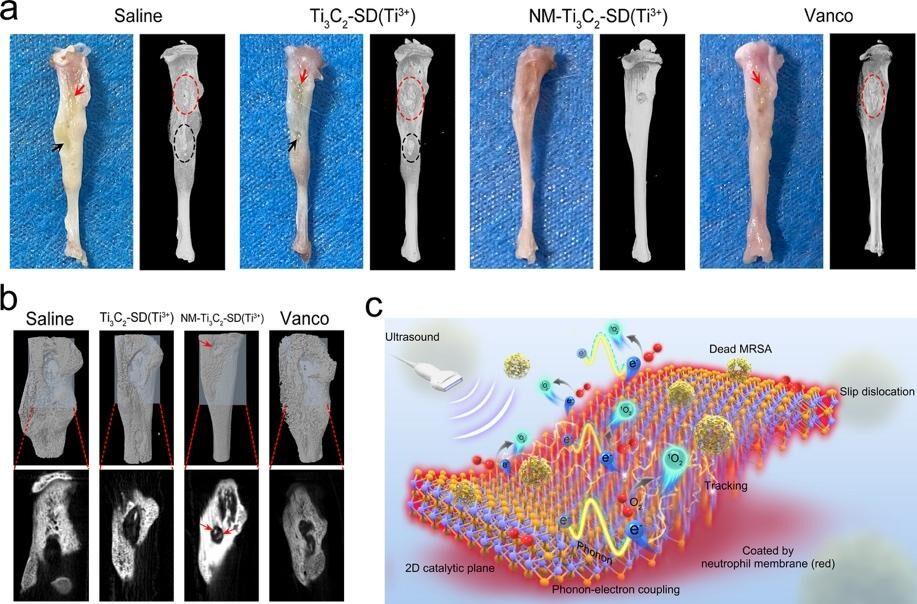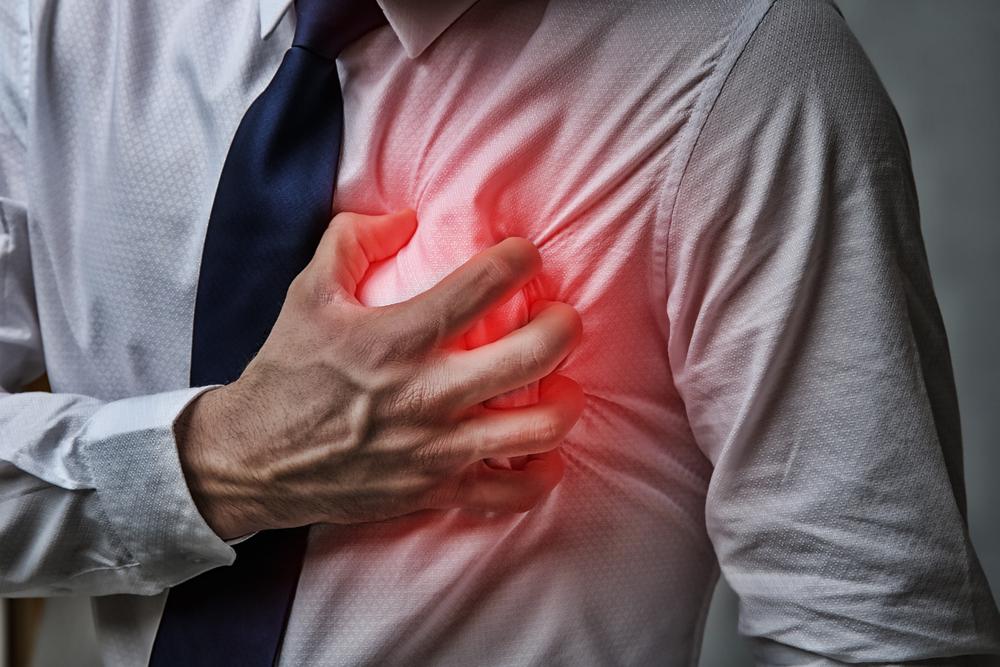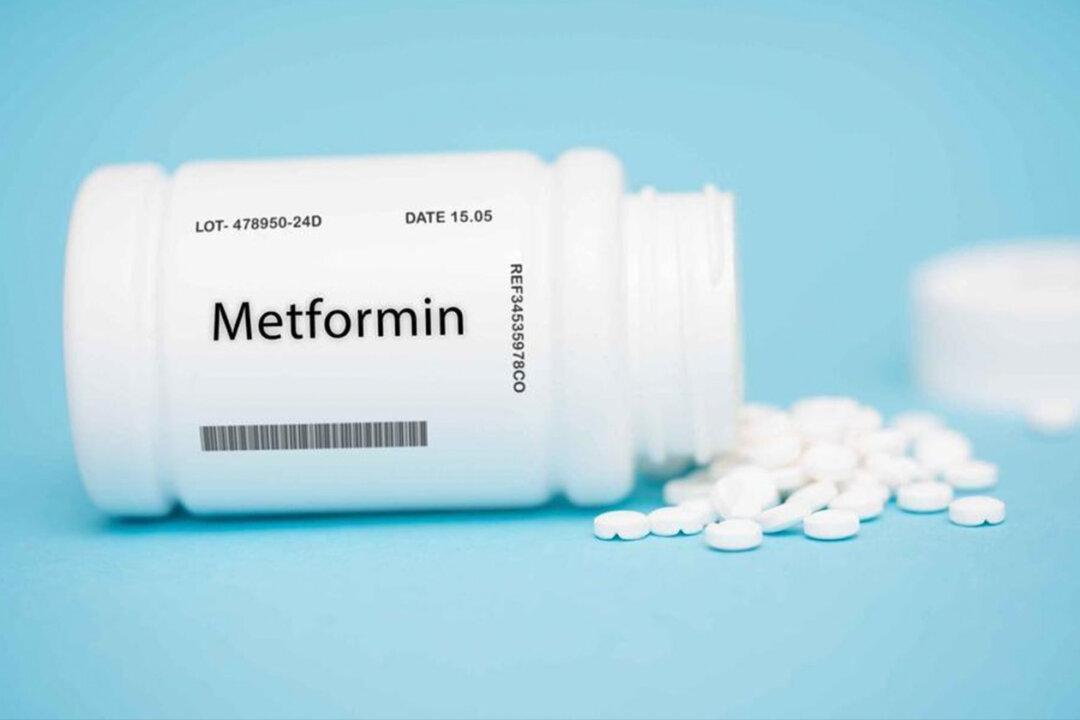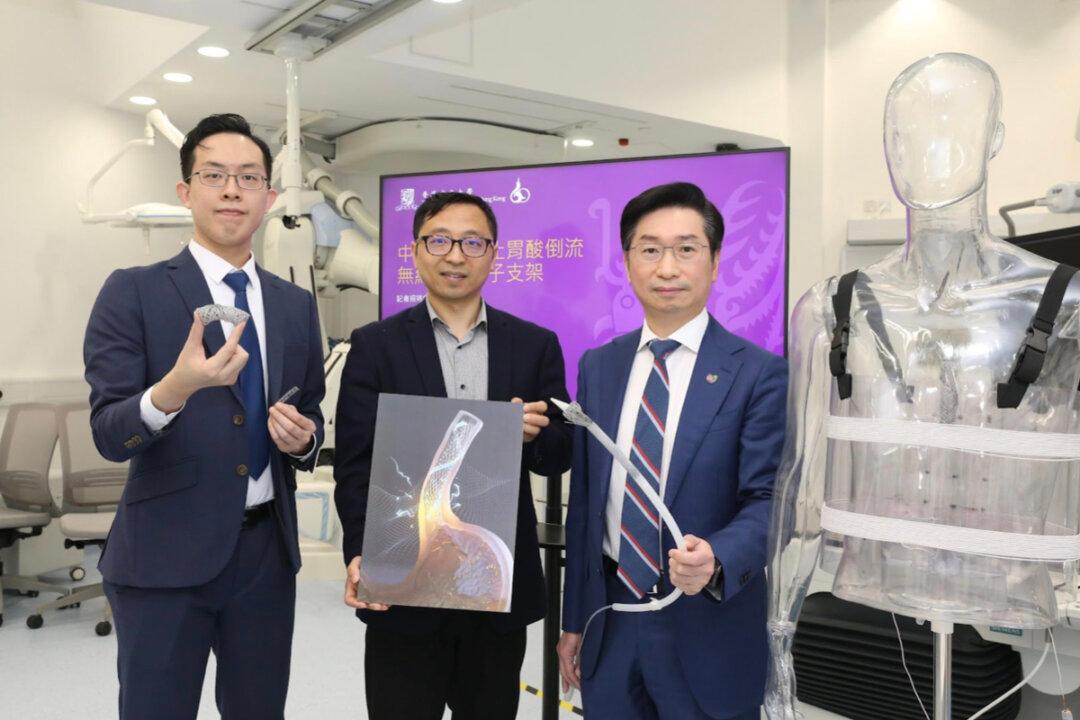The School of Medicine of the University of Hong Kong (HKU) has invented two-dimensional novel antibacterial nano-sheets which can eliminate more than 99.72 percent of methicillin-resistant Staphylococcus aureus (MRSA) in bone tissue.
The study results have been published in Advanced Materials.




